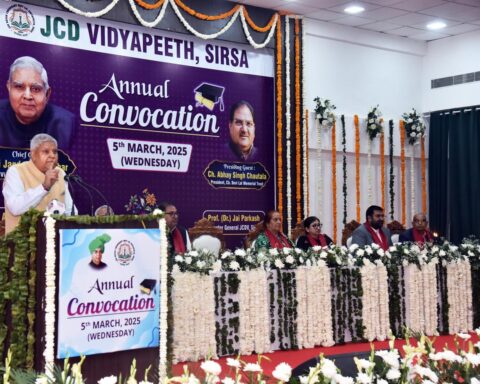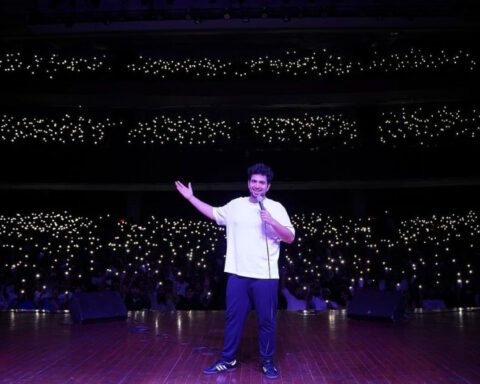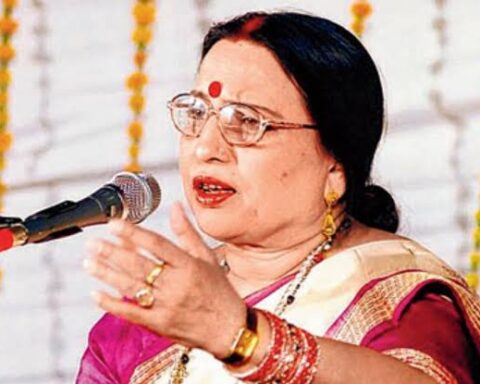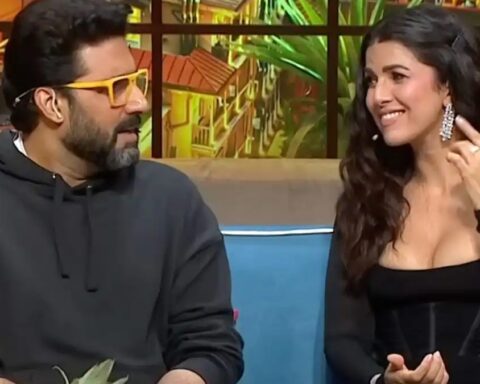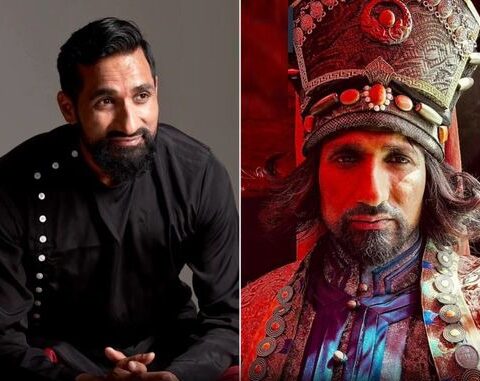New Delhi/ TNF
IC814 Web Series | Filmmaker Anubhav Sinha’s latest web series, “IC 814,” based on the infamous Kandahar plane hijacking, has sparked a major controversy following its recent release on Netflix. The show, which dramatizes the 1999 hijacking incident, is now facing a wave of backlash on social media, with calls for a boycott gaining momentum.
The Controversy
The controversy erupted when social media users began criticizing the series for allegedly distorting facts. Using hashtags like #IC814, #BoycottNetflix, and #BoycottBollywood, they argue that Sinha has manipulated historical details to serve a particular narrative. The primary grievance is that the hijackers in the series are given names like Chief, Doctor, Burger, Bhola, and Shankar, rather than their real names, which critics argue is a deliberate attempt to mislead viewers.
Critics claim that these altered names are used as a form of propaganda, obscuring the true identities of the hijackers. This has led to accusations that the series is trying to sanitize the perpetrators’ identities and thus alter historical perceptions.
Government and Media Response
Amidst the social media uproar, All India Radio and DD News have reported that the Ministry of Information and Broadcasting has summoned Netflix’s content head to address the controversy. According to these reports, the Netflix representative will need to appear before ministry officials on Tuesday to explain the series’ content and its historical accuracy.
In response to the controversy, Amit Malviya, BJP’s head of social media, has criticized the show’s creators. Malviya accused Sinha of trying to obscure the hijackers’ Muslim identities by assigning them non-Muslim names, which he argues could lead to misinformation about who was behind the hijacking.
Reactions from Sinha and Others
So far, Anubhav Sinha has not directly addressed the controversy. However, he has shared a post by Congress spokesperson Dr. Arunesh Kumar Yadav, which claims that the Indian government had initially provided the hijackers’ names. Dr. Yadav’s post, however, references journalist Siddhant Mohan’s information, which has also been contested.
Mohan’s post argues that the names used in the series—such as Bhola and Shankar—were the ones used by the hijackers themselves during the incident, and that their real names are revealed at the end of the series. He also includes a government statement asserting that these names were used during the hijacking.
Mukesh Chhabra, the casting director for the series, defended the show in a PTI interview, stating that extensive research was conducted. According to Chhabra, the hijackers addressed each other by these names during the hijacking.
Historical Context
The IC 814 hijacking took place on December 24, 1999, when five militants from the extremist group Harkat-ul-Ansar seized an Indian Airlines flight en route from Kathmandu to Delhi. The hijacking, which involved 180 passengers and crew, resulted in the murder of one passenger, Rupin Katyal, and ended with the plane being diverted to Dubai and then to Kandahar, Afghanistan.
In Kandahar, the hijackers initially demanded a ransom of $20 million and the release of 36 militants. Although they eventually dropped the demand for a body of a Kashmiri separatist, they insisted on the release of certain militants from Indian prisons. The crisis concluded after eight days when the Indian government, led by then Prime Minister Atal Bihari Vajpayee, agreed to the hijackers’ demands and released several militants, including Jaish-e-Mohammed leader Maulana Masood Azhar.
The series “IC 814” is based on the book “Flight Into Fear: The Captain’s Story” by journalist Srinjoy Chowdhury and Captain Devi Sharan, the pilot of the hijacked flight. The cast includes Vijay Varma, Naseeruddin Shah, Pankaj Kapur, Manoj Pahwa, Arvind Swamy, and others.
The ongoing debate underscores the challenges of dramatizing historical events while maintaining accuracy, and the potential implications for public understanding of significant incidents. The resolution of this controversy may influence how such stories are portrayed in media and how historical narratives are managed in future productions.

